Srinagar, MINA – The Jammu and Kashmir Civil Society Coalition (JKCCS) report says there have been at least 229 murders during more than 100 Indian military operations since January.
JKCCS operating in the region said in its biennial report that from January 1 to June 30, the region witnessed unlawful executions of at least 32 civilians and the killing of 54 members of the armed forces.
The report also noted a number of 55 internet closures and 48 infrastructure destruction. Anadolu Agency reported on Thursday (July 2)
The report also said three children and two women were also killed, while “at least 107 Operation Operations and Cordon Search (CASO) and Operations and Destruction Operations (CADO) were carried out in the area, resulting in the killing of 143 guerrillas.”
Also Read: Pakistan Condemns Israeli Settler Attacks in West Bank, Al-Aqsa Storming
“At least 57 exchanges of fire took place between government forces and the guerrillas after the search operation,” he said.
In addition, during search and gathering operations, “vandalism and destruction of civil property were reported.”
The report also said that in the first six months of 2020, the media continued to be on the brink of pressure, intimidation and harassment by the authorities, with several incidents involving beatings against journalists.
“In addition to physical attacks, some journalists based in Kashmir were also sent messages with harsh accusations and cases brought against them,” he said.
Also Read: China Criticizes US-Drafted UN Gaza Resolution as Vague, Abstains from Vote
The report noted that Jammu and Kashmir police filed cases against two Kashmiri journalists under the Law on Unlawful Activities, which clearly violated the right to freedom of expression and freedom of the press.
He also said that high-speed cellular internet services remained banned since August 5 last year, noting that in the past six months, there had been 55 internet blocking actions.
The report revealed, India paved the way for large-scale demographic change in Indian-managed Kashmir, thus instituting a system of domination over indigenous populations.
“The order is clearly a violation of the 4th Geneva Convention,” he said.
Also Read: Former Bangladesh PM Sheikh Hasina Sentenced to Death
The report cites observers as a warning that the new domicile law could permanently change the demographics of the disputed areas.
This also touches on a new media policy that was introduced recently where the government will examine media content.
According to the policy, the government will decide what news is “fake”, “unethical” or “anti-national” and take legal action against the journalists or media organizations concerned, including sharing information with security agents. (T/RE1)
Mi’raj News Agency (MINA)
Also Read: Pakistan Declares State of War After Car Bomb Incident






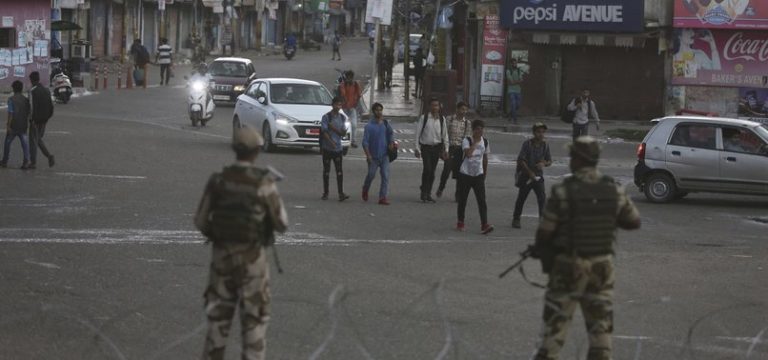


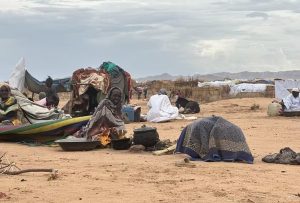
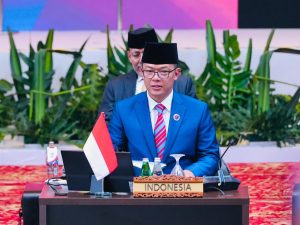



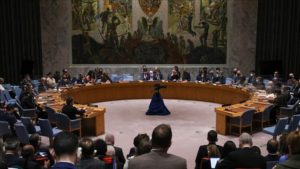


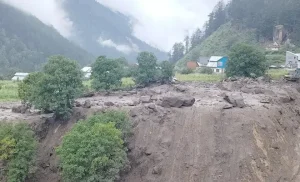
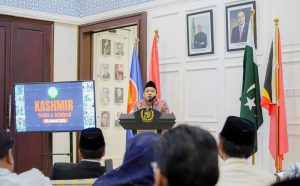

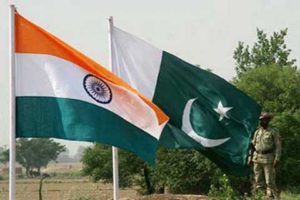
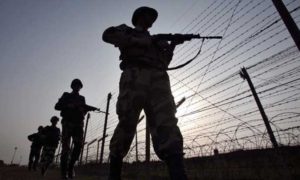












 Mina Indonesia
Mina Indonesia Mina Arabic
Mina Arabic